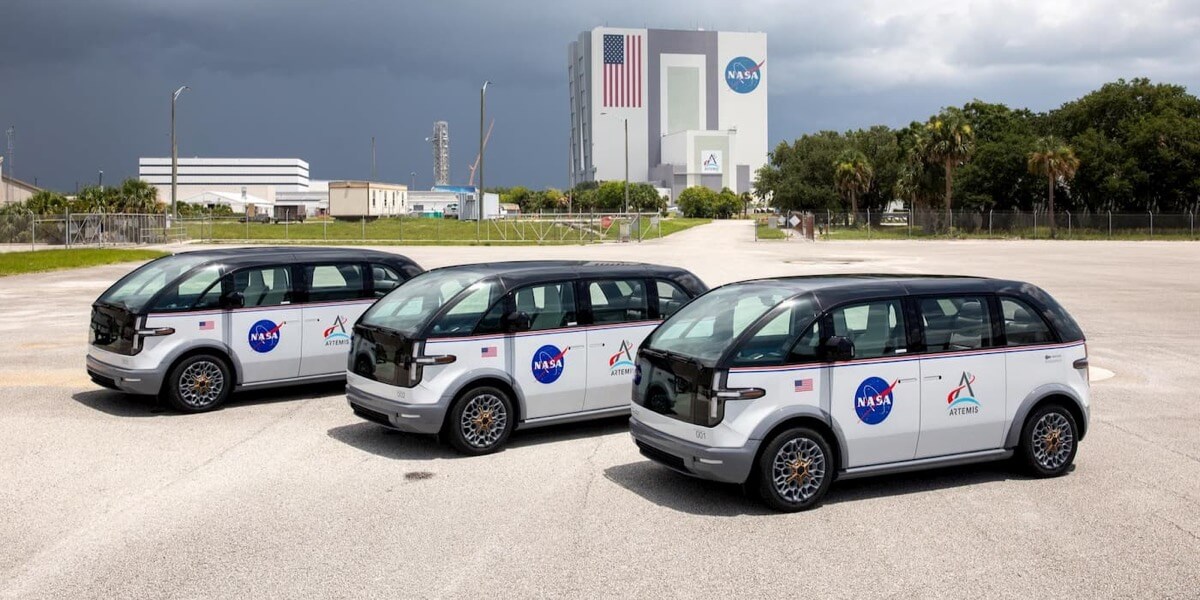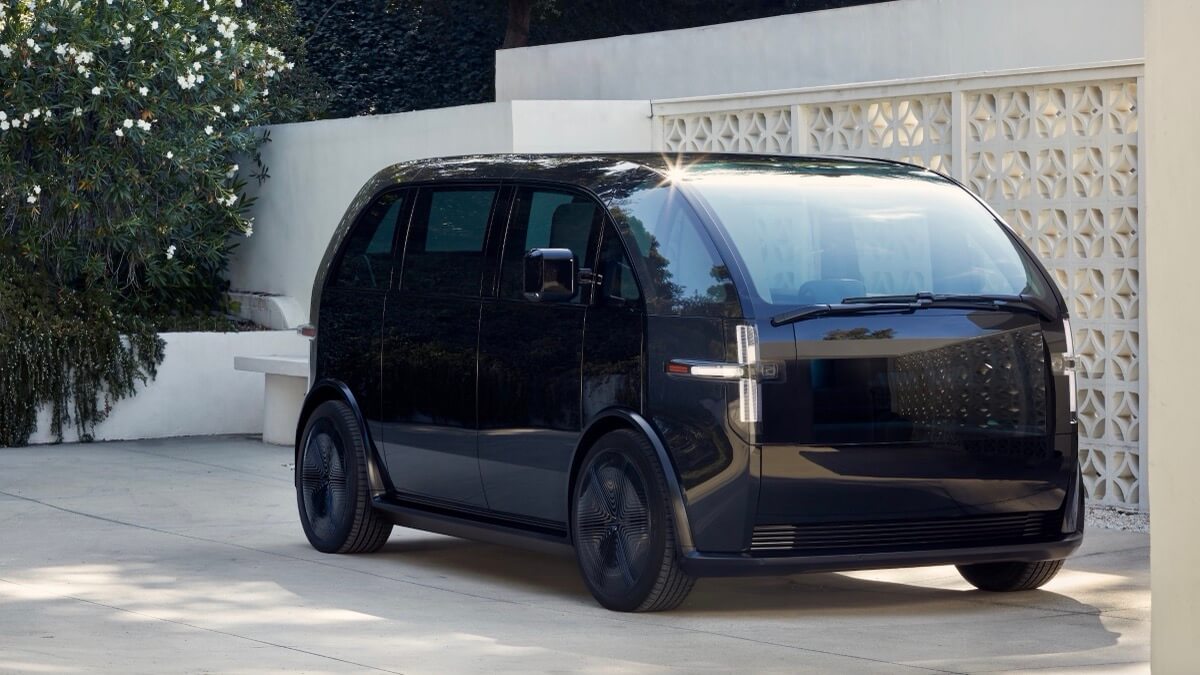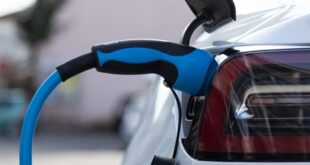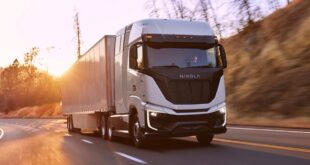After years of financial struggles and unfulfilled potential, Canoo’s journey as an EV innovator has come to an end.
Canoo, the electric vehicle startup once full of promise, has officially filed for Chapter 7 bankruptcy and announced it will cease operations immediately. After years of financial struggles and unfulfilled ambitions, the company is closing its doors and liquidating its assets to pay off creditors. It’s a disappointing end for a company that once seemed poised to make waves in the EV market.
Founded in 2017, Canoo made headlines with its innovative skateboard EV platform, which could support various body styles, from delivery vans to sleek sedans. This flexibility drew significant attention, including a short-lived partnership with Hyundai, who saw potential in Canoo’s designs. Unfortunately, that deal dissolved before it could bring any meaningful benefit. Despite generating interest from major names like NASA, the USPS, and even Walmart, Canoo struggled to secure the capital needed to mass-produce its vehicles.
Signs of trouble were evident throughout 2024. In November, Canoo furloughed a quarter of its workforce, a move the company described as temporary. However, by December, the remaining 82 employees were let go, effectively signaling the company’s demise. With debts exceeding $164 million and assets of just $126 million, Canoo’s financial troubles proved insurmountable. CEO Tony Aquila, who was also a major investor in the company, expressed disappointment but thanked employees and partners for their support.
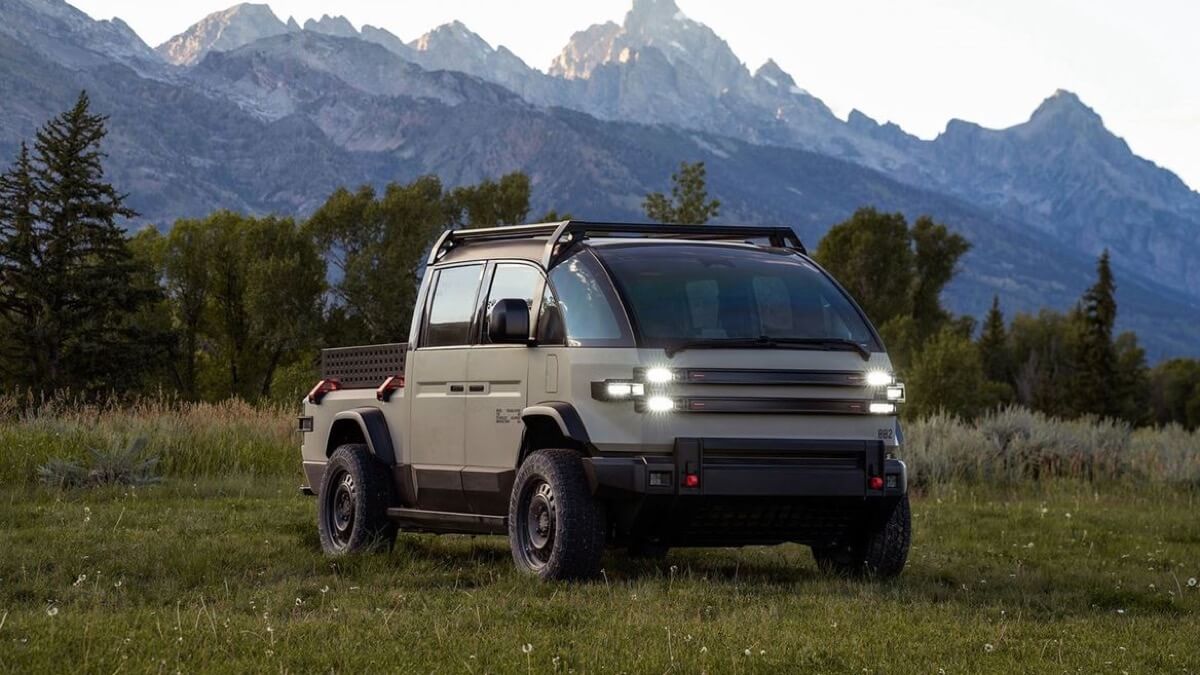
Canoo’s struggles weren’t due to a lack of interest in its vehicles. The company’s futuristic vans and modular EV platform attracted high-profile customers and partners. The USPS ordered a small batch of delivery vans for testing, and Royal Mail in the UK expressed interest in adding up to 2,000 Canoo vehicles to its fleet. Even NASA used Canoo vehicles to transport astronauts, adding prestige to the brand. However, production challenges and financial mismanagement made it impossible to scale operations to meet these opportunities.
At its peak, Canoo employed 800 people and envisioned a robust manufacturing hub in Oklahoma City, promising over 1,100 jobs. The facility was meant to source 90% of its parts from North America, with 70% coming from the U.S. Yet, reports from former employees suggested operational dysfunction. Claims emerged that few vehicles were actually built at the Oklahoma plant, and much of the work happened in Texas.
Despite the turmoil, Canoo’s ambitions left a mark on the EV landscape. The company’s innovative approach to EV design and its willingness to tackle commercial and consumer markets set it apart. However, like many startups in the competitive EV sector, Canoo struggled to turn potential into profitability. Its collapse adds it to a growing list of EV companies that couldn’t navigate the challenges of scaling up, including other SPAC-backed startups like Lordstown Motors and Electric Last Mile Solutions.
Canoo’s story is a cautionary tale of ambition, innovation, and the harsh realities of the automotive market. While its vehicles may no longer hit the road, its legacy as an ambitious, if ultimately unsuccessful, EV pioneer remains. For its employees and fans, it’s a bittersweet goodbye to what could have been a game-changing company.
